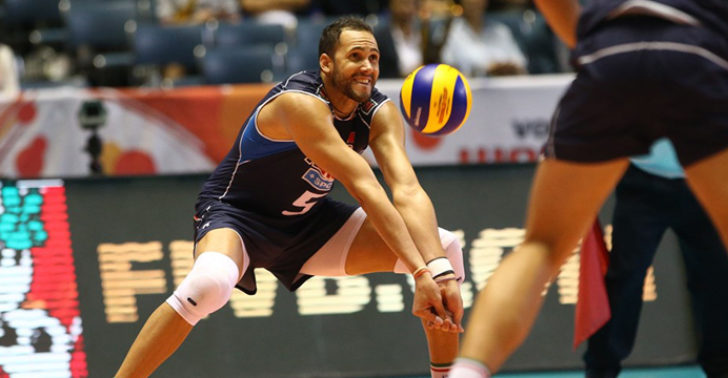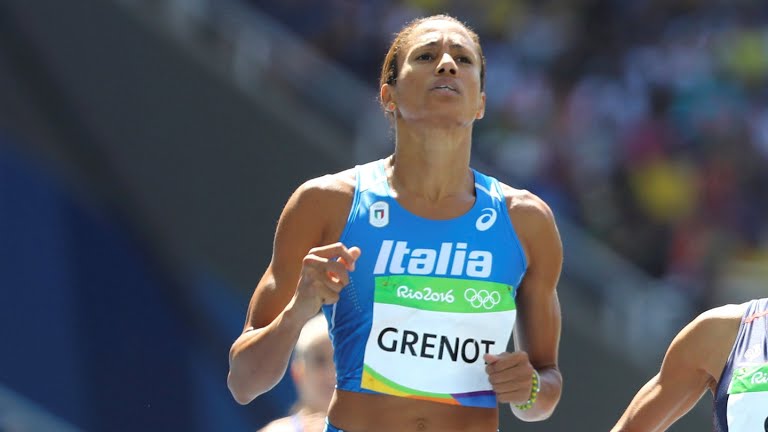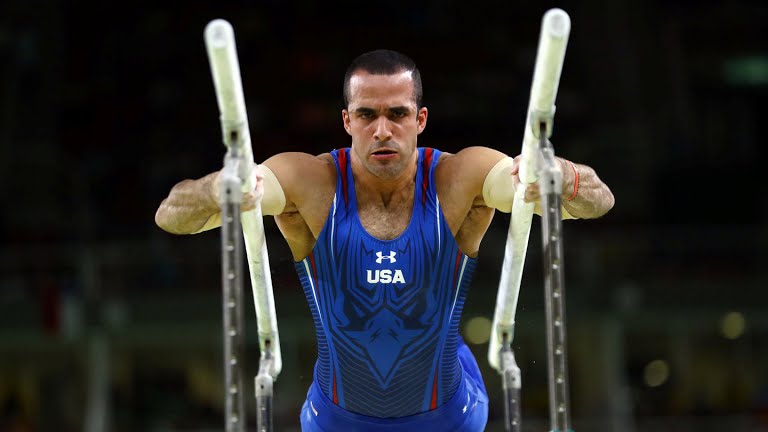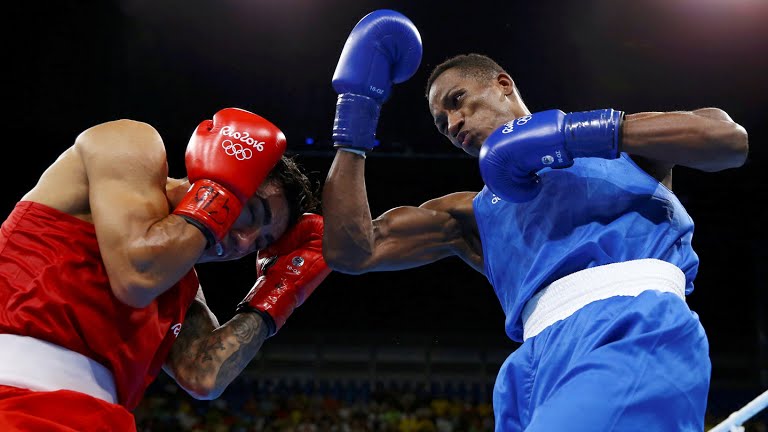
Rio 2016: Medals for Cuban émigrés
HAVANA — The Rio 2016 Olympic Games have just ended and the Cuban delegation harvested 5 gold medals, 2 silver and 4 bronze to place itself among the first 20 nations in the overall medal tally.
We could have asked more from our people, but the truth is that the number of awards is fair. Hoping for more would have meant ignoring the present situation of Cuban sports.
About our five champions we’ll get a ton of news, including the celebrations as they return to their hometowns and the predictable “news” about their families’ reactions during the competitions.
For that reason, I propose a review of some of the medals that the national press will not report on, the medals that hung from the necks of Cubans who, in Rio 2016, competed under other flags.
Present at the just-ended Olympic Games, and dispersed among several participating nations, were at least 10 athletes of Cuban origin who, in most cases, had made a name for themselves on the island before they settled in foreign countries.
This topic has already been discussed. Sports migration is a well-known subject and Cuba is not the only nation that has seen some of its best athletes parade under other flags — though we like to think that it is. But let us concentrate on those who went to Rio and left their imprint there.
In all, we’re talking about 6 medals — 5 silver and 1 bronze — earned in four specialties: rhythmic gymnastics, volleyball, track and field, and boxing. For the first two, Cuba was unable to step on the podium.
On the track, the hurdle events featured the presence of two overseas Cubans.
The first one to achieve glory was Orlando Ortega (110-meter hurdles), who earned the silver medal for Spain with a 13.17-second run. The performance of the former disciple of Santiago Antúnez is praiseworthy, even though it raised a debate.
Two days later, it was Yasmani Copello’s turn. The “Turkish” runner set a record for the Ottomans and gained the bronze medal in the 400-meter hurdles in 47.92 seconds. Not too surprising, especially if you consider the European title he earned barely one month ago.
As for the Cuban representatives, they couldn’t get past the qualification rounds for the 100-meter or the 400-meter runs.

Even though she earned no medal, we should mention Libania Grenot, an experienced runner who — wearing the Italian uniform — took part in the women’s 400-meter race. She finished eighth, but, at the age of 33, reaching an Olympic final has the taste of glory.
In gymnastics, the Cuban delegation didn’t even reach the podium. Manrique Larduet’s injury prevented millions of us from watching the young man in top shape. However, another Cuban-born athlete took home two silver medals in the bars finals. His name: Danell Leyva. His flag: the Stars and Stripes.

A member of the U.S. rhythmics gymnastics team, Leyva added two bronze medals to his Olympic wreath: horizontal bars (15.500 points) and parallel bars (15.900 points). Our Marnique Larduet also competed in those finals.
Leyva has quite consecrated himself. Winner of the bronze in all-around gymnastics at the summer Olympics in London in 2012, he has earned for the U.S. a large number of medals in national and world competitions.
It was boxing that showed us the bitterest side of our diaspora when, in the 64-kilogram division, Lorenzo Sotomayor — representing Azerbaijan — eliminated Yasnier Toledo in the quarter-finals. That was one of two divisions where Cuba earned no medals, although a Cuban-born fighter did step on the podium.
Sotomayor lost in the division final and ended up with the silver medal. It was Azerbaijan’s best showing in the 2016 Games, because the Azeris managed to add one bronze medal to the Cuban’s silver.

Lorenzo, 31, is the current light-welter champion in the European Games and one of Azerbaijan’s best-loved boxers, having earned an interesting nickname: the Azeri Muhammad Ali.
In group sports, a space in which Cuba made a pale appearance, a man well known by the Cuban public imprinted his quality.
In Rio, the fine volleyball player Osmany Juantorena finally played in an Olympic game as a member of the powerful Italian team. Considered at one time as the finest volleyballer in the world, the Cuban-born player played in the final against the host country. The “azzurri” couldn’t cope with the brilliant Brazilians, who won in three sets, but the silver medal will be on display on Osmany’s shelf.
In sharp contrast, the Cuban team left the Games without achieving a single victory, a predictable outcome in view of the noticeable drop in quality of our national squad.
Another Cuban-born athlete, handball player Rafael Capote, played in the Qatari team, which couldn’t go beyond the quarter-finals but managed to slip into the world’s best eight teams at the Rio Games.
The world’s vice champion with the Qataris, Capote returned this year to the country where he abandoned the Cuban delegation nine years ago during the Panamerican Games Rio 2007. This time, Capote, the best among his companions, was the team’s top scorer and a key cog in the gear.
To this list, we could add the names of several coaches born on the island who, wearing other nations’ uniforms, watched their pupils receiving medals at Rio 2016. This would be a good point if we wanted to confirm a theory: at the summer games, it is not precisely the quality of our athletes and/or coaches what prevents us from achieving more medals in the group competitions.
Photo at top: Volleyballer Osmany Juantorena playing in the Italian team.

